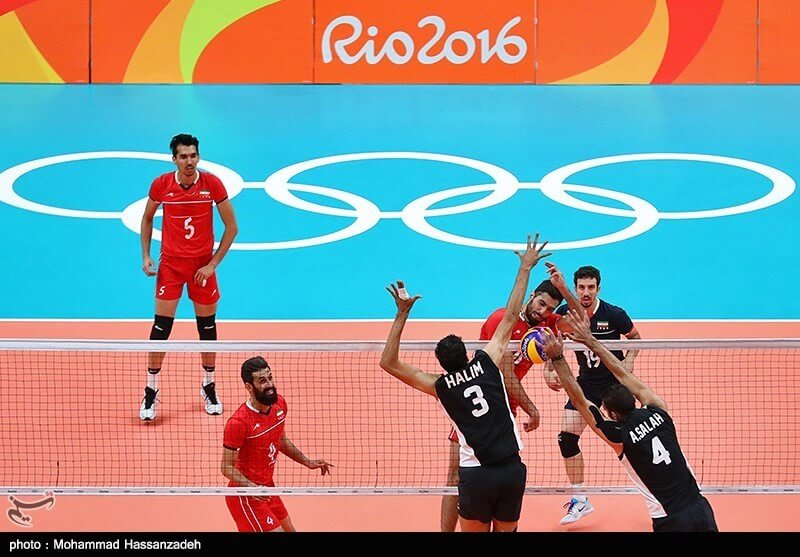
As countries continue to bail out of the Tokyo 2020 Olympics, the IOC has followed suit and postponed the event until July 24th 2021.
According to BBC News, The 2020 Olympics are set to be moved to 2021 following rising COVID-19 concerns. The decision follows the actions of countries like Canada, Australia, and Great Britain as each and every one of them has pulled their athletes from the event. Canada and Australia both exited from the event a few days with little to no response from the International Olympic Committee, but when Great Britain followed suit, the IOC threw in their cards and postponed the entire event.
Members of the committee have stated that the decision is not without drawbacks and negative results, but they have reportedly set themselves approximately a month to make final decisions. As of now, the only news that has been brought forth is that the event will be postponed until 2021. The members of the committee went on to say that they will be dealing with the potential ramifications of the decision in the coming weeks.
COVID-19, commonly known as the coronavirus, has infected nearly 300,000 people as of Sunday. With over 5,000 deaths (a number that continues to grow), it should come as no surprise that decisions like this need to be made.
Governments around the world are enforcing social distancing guidelines. This includes the shutdown of all non-essential businesses in some states, complete lockdowns in others, and the cancellations of worldwide events. Analysts expect the action taken by the government to increase in severity in the coming weeks as the situation continues to unfold. Some predict the event could go on for months rather than weeks alone.
In the News: Tom Brady Joins Tampa Bay Buccaneers.
The decision made by the IOC was one that had to happen eventually. There simply wasn’t a way for it not to happen. The virus has already caused the shutdown of training centres all over the world, meaning athletes won’t have what they need to even prepare for an event of this caliber. Not to mention the infrastructure pertaining to the Olympics will not be ready in time as structural staff and their facilities have largely shut down as well.
On Sunday, March 22nd, Canada decided to pull out all of their athletes from the 2020 Olympics. Canada was the first country to do so, and is being applauded worldwide for taking that monumental and unprecedented step. The decision by Canada was labeled urgent and was not one that had been made lightly. The decision is absolutely a large blow to athletes around the world who’ve been training for years upon years for this event, but the threat to their safety and the safety of all others involved was far too large.
According to Olympic trainers, the attitude of a lot of the athletes has changed drastically. They’re finding it harder and harder to train with all that’s going on. The confusion and ambiguity around the issue has wreaked havoc upon their ability to concentrate and focus. It sure doesn’t help that the majority of their warm-up competitions have been cancelled. Some athletes haven’t competed in smaller events for months. This unfortunate predicament isn’t isolated to the Olympics. Sports like Tennis and Badminton have seen cancellations for months. The NHL was suspended for the season, the NFL was suspended for the season, and other leagues are following suit. COVID-19 has been a major hit to sports teams and leagues all over the world.
Below we have listed the IOC’s rationale for postponing the 2020 Olympics until 2021.
- Fairness
-
- As training centers around the world are being shut down, not all athletes have access to the same resources. This, in a sense, provides an unfair advantage to those who have access to training resources.
- A lot of athletes may be preoccupied with family members suffering from COVID-19, therefore pulling them away from training, and putting them at a disadvantage.
- Injuries
- As athletes are no longer able to train as effectively as they once were, the risk of injury has skyrocketed. In order to prevent injury, the event had to be postponed.
- Mental Health
- Experts have found that the uncertainty and ambiguity regarding COVID-19 and the events in late 2020 have deeply affected athletes. Their mental health is certainly at risk, and by postponing the event, those mental ailments are hoped to lessen.
Over the past couple of weeks, the United States, Canada, and other countries have urged the IOC to postpone the event. The IOC listened, and we will no longer be seeing the Olympics in 2020. An event that is sure to go down in the history of professional sports.






